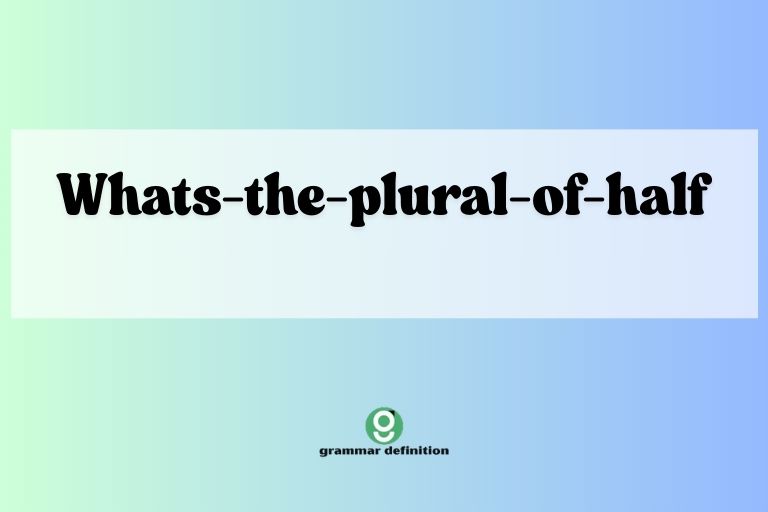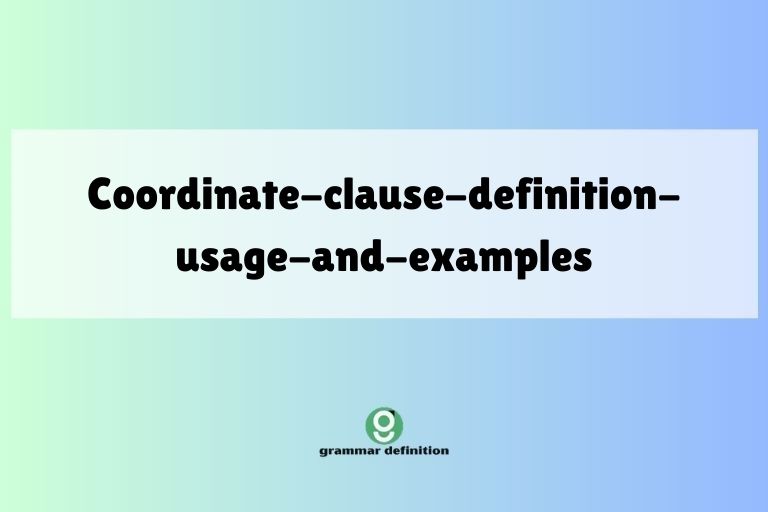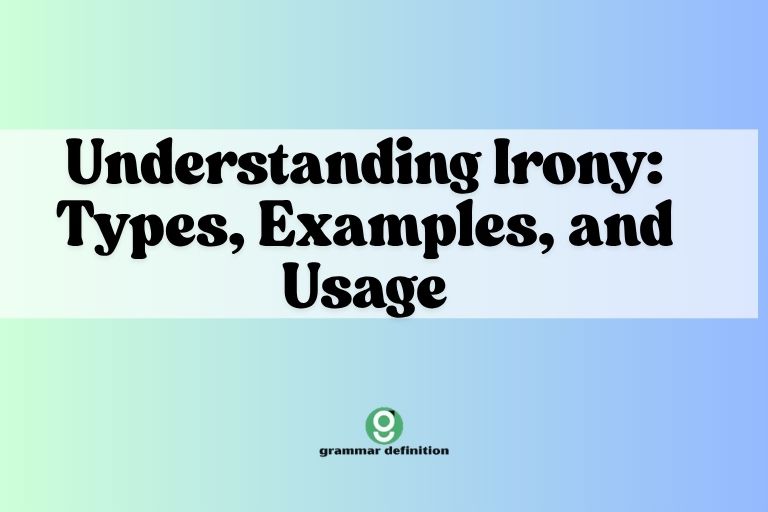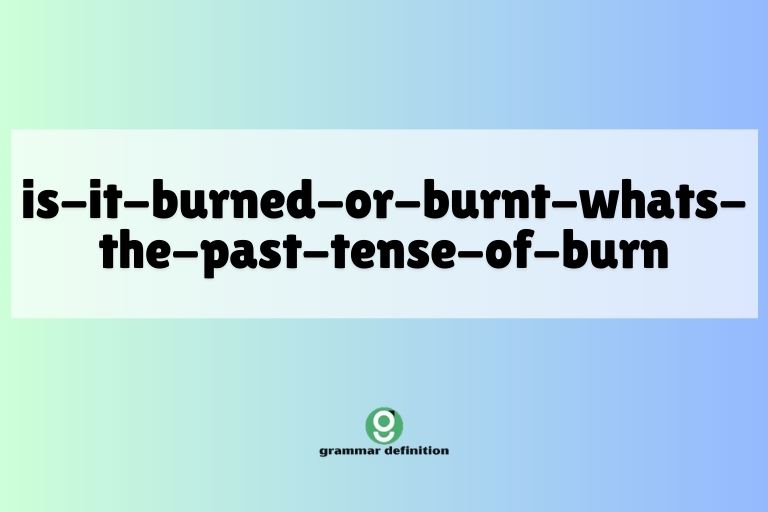Amiable vs. Amicable: Mastering the Nuances of Friendliness
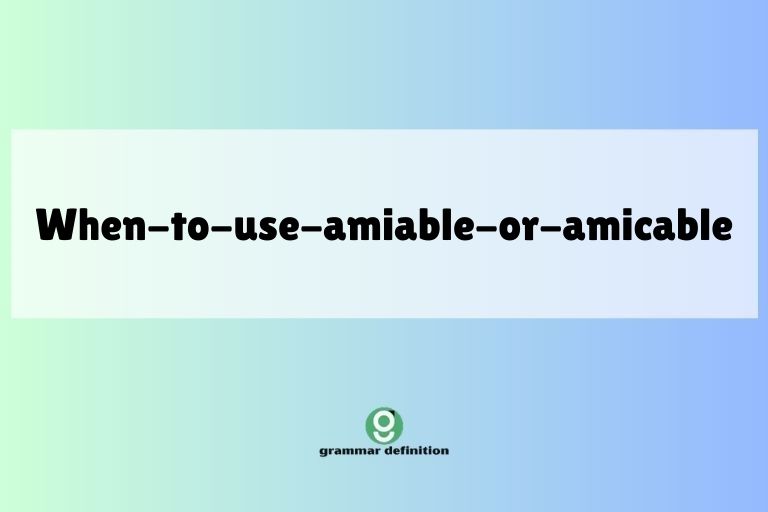
Choosing between “amiable” and “amicable” can be tricky, as both words relate to friendliness and pleasant interactions. While they share a semantic connection, their specific connotations and usage contexts differ.
Understanding these differences is crucial for precise and effective communication. This article provides a comprehensive guide to mastering the nuances of “amiable” and “amicable,” ensuring you use them correctly and confidently.
Whether you’re an English language learner or a seasoned writer, this guide will enhance your vocabulary and improve your writing skills.
This article is designed for anyone looking to refine their understanding of English vocabulary, particularly those interested in precise word choice and effective communication. From students to professionals, mastering the subtle differences between similar words like “amiable” and “amicable” can significantly enhance your writing and speaking abilities.
By the end of this article, you’ll be equipped with the knowledge and tools to use these words with confidence and accuracy.
Table of Contents
- Definition of Amiable and Amicable
- Structural Breakdown
- Types or Categories
- Examples of Amiable and Amicable Usage
- Usage Rules
- Common Mistakes
- Practice Exercises
- Advanced Topics
- FAQ
- Conclusion
Definition of Amiable and Amicable
Both “amiable” and “amicable” describe pleasant and friendly qualities, but they apply to different subjects. Understanding their specific meanings is key to using them correctly.
Amiable: This adjective describes a person or their behavior as friendly, pleasant, and easy to get along with. It emphasizes the inherent quality of being likable and good-natured. An amiable person is generally warm, approachable, and creates a positive atmosphere around them. The term focuses on the disposition or character of an individual.
Amicable: This adjective describes a relationship, agreement, or situation characterized by friendliness and a lack of discord. It emphasizes the peaceful and cooperative nature of interactions or resolutions. An amicable settlement, for instance, is one reached without animosity or conflict. The term focuses on the nature of an interaction or agreement.
In essence, “amiable” describes *who* is friendly, while “amicable” describes *what* is friendly. One refers to a person’s disposition, and the other to the nature of a relationship or situation.
Structural Breakdown
Understanding the etymology and structural components of “amiable” and “amicable” can provide further insight into their meanings and usage.
Amiable: The word “amiable” comes from the Latin word amicabilis, which means “friendly” or “pleasing.” Amicus is the Latin word for friend. The suffix “-able” indicates a quality or capability. Thus, “amiable” literally means “capable of being a friend” or “having the qualities of a friend.”
Amicable: The word “amicable” also originates from the Latin word amicabilis. It shares the same root as “amiable” but has evolved to describe the nature of interactions rather than individuals. The suffix “-able” here indicates the capability of something to be friendly or peaceful. So, “amicable” means “characterized by or showing friendliness; peaceable.”
The shared Latin root highlights the close relationship between these words, but their distinct evolutions have led to their current specific applications.
Types or Categories
While “amiable” and “amicable” don’t have distinct types or categories in the same way as grammatical structures, understanding the contexts in which they are typically used can be helpful.
- Amiable: Describing People
This is the most common use. “Amiable” is used to describe someone’s personality, temperament, or behavior.
- Amicable: Describing Relationships or Situations
This word is used to describe the nature of interactions, agreements, or resolutions between people or groups.
- Amicable: Describing Separations or Divorces
A particularly common usage of “amicable” is to describe separations or divorces that are handled peacefully and respectfully.
Examples of Amiable and Amicable Usage
The best way to understand the difference between “amiable” and “amicable” is through examples. The following tables provide a variety of sentences demonstrating correct usage.
Amiable Examples
The following examples showcase the use of “amiable” to describe individuals and their characteristics. Notice how the word emphasizes personal qualities and behaviors.
| # | Sentence |
|---|---|
| 1 | The bartender was an amiable fellow, always ready with a smile and a joke. |
| 2 | Her amiable personality made her a favorite among her colleagues. |
| 3 | Despite the long hours, he remained amiable and approachable. |
| 4 | The dog was an amiable creature, always eager to play. |
| 5 | She had an amiable disposition, rarely getting upset or angry. |
| 6 | His amiable nature made him a natural leader. |
| 7 | The amiable professor was always willing to help students. |
| 8 | Even in stressful situations, she remained amiable and calm. |
| 9 | His amiable attitude made it easy to work with him. |
| 10 | The amiable host greeted us warmly at the door. |
| 11 | She was known for her amiable smile and kind words. |
| 12 | Despite his fame, he remained an amiable and humble person. |
| 13 | The amiable receptionist always had a friendly greeting for visitors. |
| 14 | His amiable demeanor put everyone at ease. |
| 15 | The amiable tour guide made the trip enjoyable for everyone. |
| 16 | She was an amiable child, always willing to share her toys. |
| 17 | His amiable approach to problem-solving made him a valuable asset to the team. |
| 18 | The amiable old man loved to tell stories to the children. |
| 19 | Her amiable spirit brightened up the room. |
| 20 | He was an amiable companion, always ready for a good laugh. |
| 21 | The amiable librarian helped me find the book I was looking for. |
| 22 | She had an amiable way of dealing with difficult customers. |
| 23 | His amiable disposition made him popular with both students and teachers. |
| 24 | The amiable dog wagged its tail and licked my hand. |
| 25 | She was an amiable conversationalist, always able to engage in interesting discussions. |
Amicable Examples
These examples illustrate the use of “amicable” to describe relationships, agreements, and situations. Note how the word emphasizes the peaceful and cooperative nature of these interactions.
| # | Sentence |
|---|---|
| 1 | The company and the union reached an amicable agreement after months of negotiations. |
| 2 | They decided to have an amicable divorce for the sake of their children. |
| 3 | The meeting ended on an amicable note, with both sides agreeing to continue discussions. |
| 4 | Despite their differences, they maintained an amicable relationship. |
| 5 | The two countries resolved their border dispute through amicable negotiations. |
| 6 | They sought an amicable solution to the problem. |
| 7 | The landlord and tenant reached an amicable settlement regarding the lease. |
| 8 | The discussion remained amicable, even when disagreements arose. |
| 9 | They parted ways on amicable terms. |
| 10 | The mediation process helped them reach an amicable resolution. |
| 11 | The neighbors worked together to find an amicable compromise. |
| 12 | The dispute was settled in an amicable manner. |
| 13 | They were determined to have an amicable separation. |
| 14 | The negotiations were conducted in an amicable atmosphere. |
| 15 | The parties involved sought an amicable way to resolve the conflict. |
| 16 | The conversation remained amicable despite the sensitive topic. |
| 17 | They managed to maintain an amicable working relationship. |
| 18 | The judge encouraged the parties to reach an amicable agreement. |
| 19 | The shareholders reached an amicable decision on the company’s future. |
| 20 | The families resolved their differences in an amicable way. |
| 21 | The diplomats worked to create an amicable environment for negotiations. |
| 22 | The two companies decided to end their partnership on amicable terms. |
| 23 | The community members sought an amicable solution to the parking problem. |
| 24 | The discussions were held in an amicable and respectful manner. |
| 25 | The goal was to achieve an amicable outcome that benefited everyone involved. |
Comparative Examples
This table highlights the contrast between “amiable” and “amicable” by presenting pairs of sentences that demonstrate their distinct usage.
| # | Amiable (Describing a Person) | Amicable (Describing a Relationship/Situation) |
|---|---|---|
| 1 | He is an amiable colleague, always willing to help. | They reached an amicable agreement on the project timeline. |
| 2 | She has an amiable personality that makes her easy to work with. | The divorce was surprisingly amicable, considering the circumstances. |
| 3 | The amiable manager created a positive work environment. | The negotiations were conducted in an amicable manner. |
| 4 | He was known for his amiable nature and generous spirit. | The two companies decided to resolve their dispute through amicable means. |
| 5 | The amiable teacher made learning fun and engaging. | The meeting concluded on an amicable note, with both parties satisfied. |
| 6 | She is an amiable person who gets along with everyone. | They sought an amicable solution to the problem to avoid further conflict. |
| 7 | His amiable demeanor made him a popular figure in the community. | The landlord and tenant reached an amicable understanding regarding the repairs. |
| 8 | The amiable host made all the guests feel welcome. | The discussion was amicable, focusing on finding common ground. |
| 9 | She has an amiable way of handling difficult situations. | They parted ways on amicable terms, remaining friends. |
| 10 | His amiable attitude made him a valuable member of the team. | The mediation helped them achieve an amicable settlement. |
Usage Rules
To ensure correct usage, follow these rules:
- Use “amiable” to describe people: Focus on their personality traits, behavior, or disposition.
- Use “amicable” to describe relationships, agreements, or situations: Focus on the nature of the interaction, emphasizing peace and cooperation.
- Avoid using “amiable” to describe situations: It is incorrect to say “an amiable agreement.” The correct word is “amicable.”
- Avoid using “amicable” to directly describe a person’s personality: It is incorrect to say “He is an amicable person.” The correct word is “amiable.”
Exception: While rare, “amiable” can sometimes describe behavior *attributed* to a person, but it still relates back to their inherent qualities. For example, “He displayed amiable behavior during the meeting” implies his actions reflected his amiable nature.
Common Mistakes
Here are some common mistakes to avoid when using “amiable” and “amicable.”
| Incorrect | Correct | Explanation |
|---|---|---|
| The divorce was very amiable. | The divorce was very amicable. | “Amicable” describes the nature of the divorce (peaceful), not the people involved. |
| He is an amicable person. | He is an amiable person. | “Amiable” describes a person’s friendly disposition. |
| They had an amiable discussion. | They had an amicable discussion. | “Amicable” describes the nature of the discussion (friendly and without conflict). |
| She has an amicable personality. | She has an amiable personality. | “Amiable” describes a person’s inherent character traits. |
| The agreement was amiable. | The agreement was amicable. | “Amicable” describes the nature of the agreement (peaceful and cooperative). |
Practice Exercises
Test your understanding with these practice exercises. Choose the correct word (“amiable” or “amicable”) to complete each sentence.
| # | Sentence | Answer |
|---|---|---|
| 1 | The neighbors resolved their dispute in an ________ way. | amicable |
| 2 | She is an ________ colleague, always ready to lend a hand. | amiable |
| 3 | The meeting ended on a surprisingly ________ note. | amicable |
| 4 | He has an ________ personality that makes him easy to approach. | amiable |
| 5 | They sought an ________ solution to avoid further conflict. | amicable |
| 6 | The ________ host made all the guests feel welcome. | amiable |
| 7 | Despite their disagreements, they maintained an ________ relationship. | amicable |
| 8 | The ________ teacher made learning enjoyable for the students. | amiable |
| 9 | The two companies reached an ________ settlement after negotiations. | amicable |
| 10 | His ________ demeanor made him a popular figure in the office. | amiable |
Advanced Practice: Rewrite the following sentences, correcting any errors in the use of “amiable” and “amicable.” If the sentence is already correct, indicate “Correct.”
| # | Sentence | Corrected Sentence |
|---|---|---|
| 1 | The discussion was very amiable. | The discussion was very amicable. |
| 2 | She is an amicable person, always smiling. | She is an amiable person, always smiling. |
| 3 | They reached an amiable agreement. | They reached an amicable agreement. |
| 4 | He has an amicable nature. | He has an amiable nature. |
| 5 | The separation was handled in an amiable manner. | The separation was handled in an amicable manner. |
| 6 | She has an amiable approach to conflict resolution. | Correct |
| 7 | The atmosphere was amiable during the meeting. | The atmosphere was amicable during the meeting. |
| 8 | He is known for his amicable personality. | He is known for his amiable personality. |
| 9 | They parted ways on amiable terms. | They parted ways on amicable terms. |
| 10 | The solution was amiable to everyone involved. | The solution was amicable to everyone involved. |
Advanced Topics
For advanced learners, consider these more complex aspects:
- Subtleties of Connotation: While both words suggest friendliness, “amiable” can sometimes imply a more passive or gentle friendliness, while “amicable” suggests active cooperation and willingness to compromise.
- Historical Usage: Explore how the meanings of these words have evolved over time. Dictionaries often provide etymological information and historical examples of usage.
- Cross-Linguistic Comparisons: If you are familiar with other languages, compare how similar concepts are expressed and whether there are equivalent distinctions to “amiable” and “amicable.”
FAQ
Here are some frequently asked questions about “amiable” and “amicable.”
- Is it ever correct to use “amiable” to describe a situation?
While rare, it’s *technically* possible if the situation directly reflects someone’s inherent amiable nature. For example, “He created an amiable atmosphere” implies his amiable personality led to the friendly environment. However, “amicable” is generally the better choice for describing situations.
- Can “amicable” be used to describe an object?
No, “amicable” is typically used to describe relationships, agreements, or situations involving people or groups. It would not be appropriate to describe an object as “amicable.”
- What’s the best way to remember the difference between these words?
Associate “amiable” with people (Amiable = About People) and “amicable” with interactions or agreements (Amicable = Agreements & Interactions). This simple mnemonic can help you quickly recall the correct usage.
- Are there synonyms for “amiable” and “amicable”?
Yes, synonyms for “amiable” include friendly, affable, genial, and good-natured. Synonyms for “amicable” include peaceful, harmonious, cooperative, and cordial.
- Is it wrong to use “friendly” instead of “amiable” or “amicable”?
“Friendly” is a more general term and can often be used as a substitute, but “amiable” and “amicable” provide more specific nuances. “Friendly” can describe both people and situations, while “amiable” is best for people and “amicable” for interactions.
- What if I’m unsure which word to use?
When in doubt, consider the context. If you’re describing someone’s personality or character, “amiable” is likely the better choice. If you’re describing the nature of a relationship, agreement, or situation, “amicable” is more appropriate. If neither seems quite right, a more general term like “friendly” might be suitable.
- Can “amiable” be used in a negative context?
While “amiable” generally has positive connotations, it could be used sarcastically or ironically in a negative context. For example, “His amiable facade hid his true intentions.” However, this is less common.
- How important is it to use these words correctly?
While using the wrong word won’t necessarily make your writing incomprehensible, using “amiable” and “amicable” correctly demonstrates a strong command of English vocabulary and enhances the precision and clarity of your communication. It’s a subtle but important distinction for effective writing and speaking.
Conclusion
Mastering the difference between “amiable” and “amicable” enhances your ability to communicate effectively and precisely. Remember that “amiable” describes people and their friendly nature, while “amicable” describes relationships, agreements, or situations characterized by peace and cooperation.
By understanding these nuances, you can avoid common mistakes and use these words with confidence.
Continue practicing with examples and exercises to solidify your understanding. Pay attention to how these words are used in various contexts, such as literature, news articles, and everyday conversations.
With consistent effort, you’ll be able to distinguish between “amiable” and “amicable” effortlessly, adding sophistication and accuracy to your language skills. Don’t hesitate to consult dictionaries and grammar resources whenever you encounter unfamiliar usages.

